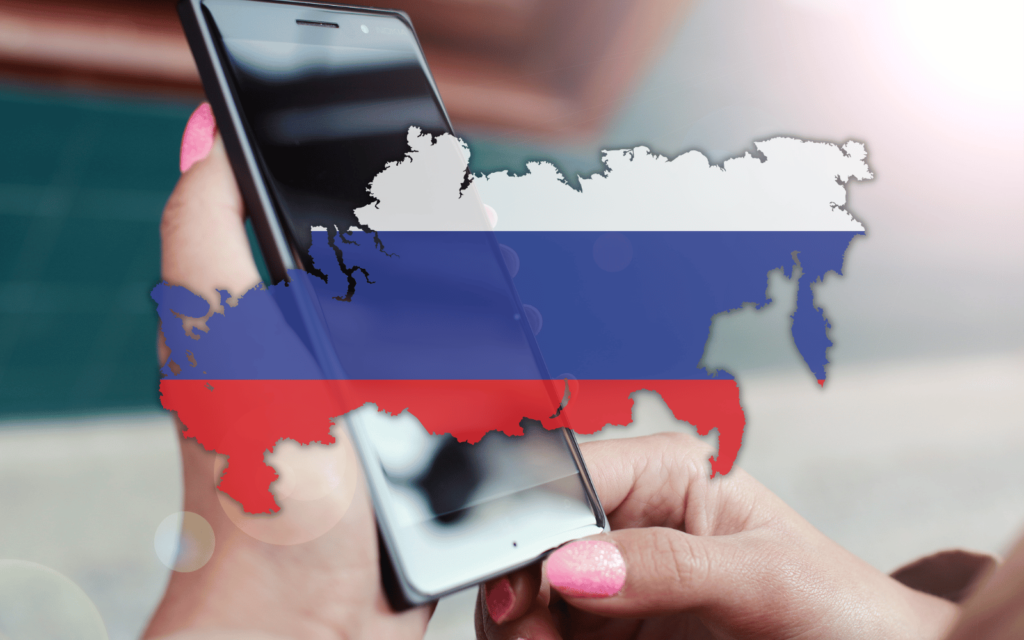Russia and Ukraine, if you haven’t been paying attention for the last year, are in the middle of a substantial disagreement. That has had quite an effect on the former Soviet Union’s economy. Not so much the country’s earning potential — that seems to be doing better than expected (though that could and probably will change). But several international brands and services are no longer available in the country thanks to various sanctions.
Those sanctions mean that the likes of Samsung and Apple have left the country. So have Intel, LG, Microsoft, Netflix, and many others. Heck, even McDonalds has jumped ship. Russia responded by immediately cloning it under a new brand. Something similar seems to be in store for Android devices.
Made in Russia
A report from Wired claims that Russia, via the country’s National Computer Corporation (NCC), is in the market for a homemade Android device. The NCC is also being extremely ambitious. The company hopes to sell 100,000 smartphones and tablets by the end of this year. That’s a huge ask for a product that has yet to be revealed or even named as of March 2023.
Alexander Kalinin, the head of the NCC, hopes that his company’s still-incubating device will capture 10% of the country’s smartphone market by 2026. But, as is the case with Huawei and smartphone hardware, Russia may experience issues with creating and selling Android devices.
First, there’s the fact that China’s smartphones are much more affordable than anything the former Soviet Union is likely to create (unless it simply buys a bunch of white-label phones and rebrands them). There’s also the possibility that Google will limit the country’s use of Android. At the moment that’s not a problem but the latest round of sanctions against the country has banned exports of any smartphone (and electronics in general) more expensive than about R5,500 to the country. It’s not out of the question that Google will extend the limits it has already imposed on Russia.
There are already at least two Russian smartphone brands in the country — Yotaphone and Smartekosistema — but these companies struggle in the face of China’s superior supply chain and pricing. There’s a very intentional reason just about everything is made in China. It would be a bit like a South African company attempting to compete with Samsung while buying its components from the same places Samsung does. The larger company has a substantial manufacturing advantage. Still, that doesn’t appear to weigh heavy on the National Computer Corporation. It hopes to price its smartphones between about R2,500 and R7,500 when they eventually launch.
Source: Wired




